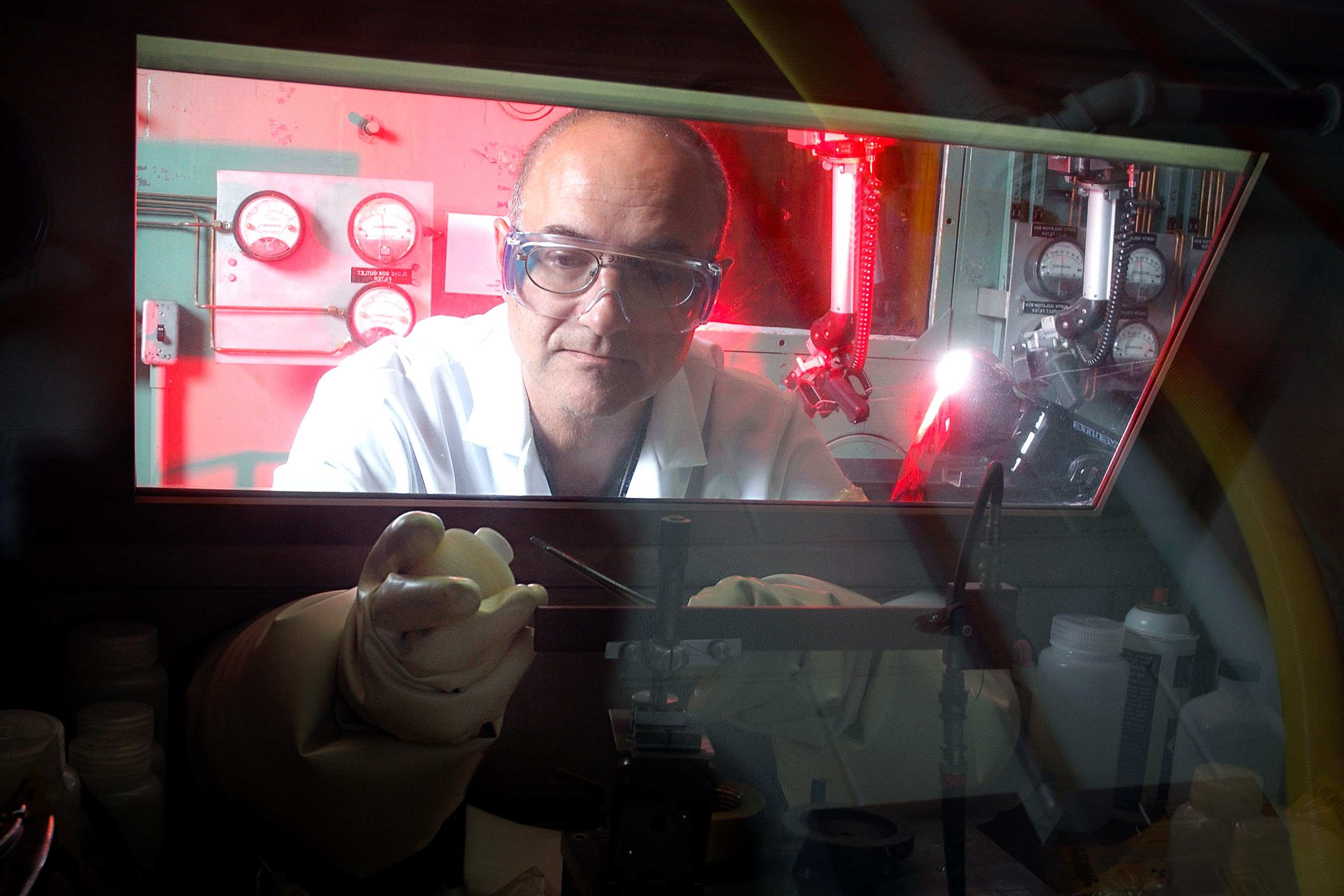
Radiochemistry might sound complex, but it's all about studying radioactive substances. Ever wondered how nuclear power plants work or how doctors use radiation to treat cancer? That's radiochemistry in action. This field combines chemistry and physics to understand how radioactive elements behave. Radiochemists play a crucial role in developing new medical treatments, ensuring nuclear safety, and even exploring space. They work with elements like uranium and plutonium, which can be both powerful and dangerous. Understanding radiochemistry helps us harness the benefits of radiation while minimizing risks. Ready to learn some fascinating facts about this intriguing science? Let's dive in!
What is Radiochemistry?
Radiochemistry is the study of radioactive substances and their properties. It combines principles from chemistry and physics to understand how radioactive elements behave. Here are some fascinating facts about this intriguing field.
-
Radiochemistry Origins: The field began with the discovery of radioactivity by Henri Becquerel in 1896. His work laid the foundation for future research.
-
Marie Curie's Contribution: Marie Curie, a pioneer in radiochemistry, discovered radium and polonium. Her research earned her two Nobel Prizes.
-
Radioactive Decay: Radioactive elements decay over time, releasing energy. This process can take seconds or millions of years.
Applications of Radiochemistry
Radiochemistry isn't just about studying radioactive elements; it has practical applications in various fields. Let's explore some of these uses.
-
Medical Imaging: Radiochemistry plays a crucial role in medical imaging techniques like PET scans. These scans help doctors diagnose and monitor diseases.
-
Cancer Treatment: Radioactive isotopes are used in radiation therapy to target and destroy cancer cells. This treatment can be highly effective.
-
Nuclear Power: Radiochemistry is essential in the production of nuclear energy. It helps in understanding the reactions that occur in nuclear reactors.
Safety and Radiochemistry
Working with radioactive materials requires strict safety protocols to protect researchers and the environment. Here are some important safety facts.
-
Radiation Protection: Radiochemists use shielding materials like lead to protect themselves from radiation exposure.
-
Waste Management: Proper disposal of radioactive waste is critical. Specialized facilities handle and store this waste safely.
-
Regulations: Governments have strict regulations to ensure the safe use and disposal of radioactive materials.
Radiochemistry in Research
Radiochemistry continues to be a vital area of research, leading to new discoveries and advancements. Here are some key research areas.
-
Environmental Studies: Radiochemists study the impact of radioactive materials on the environment. This research helps in assessing contamination and cleanup efforts.
-
Nuclear Forensics: This field uses radiochemistry to trace the origins of nuclear materials. It plays a role in national security and non-proliferation efforts.
-
Space Exploration: Radiochemistry is used to study cosmic radiation and its effects on astronauts. This research is crucial for long-duration space missions.
Interesting Facts about Radioactive Elements
Radioactive elements have unique properties that make them fascinating to study. Here are some intriguing facts about these elements.
-
Half-Life: The half-life of a radioactive element is the time it takes for half of the material to decay. Uranium-238, for example, has a half-life of 4.5 billion years.
-
Radon Gas: Radon is a naturally occurring radioactive gas. It can accumulate in homes and pose health risks if not properly ventilated.
-
Transuranium Elements: Elements beyond uranium on the periodic table are called transuranium elements. These elements are typically synthetic and highly radioactive.
-
Radioactive Dating: Radiochemists use radioactive isotopes to date ancient artifacts and fossils. Carbon-14 dating is a well-known method for determining the age of organic materials.
Radiochemistry: A World of Wonders
Radiochemistry, with its fascinating blend of chemistry and physics, offers a treasure trove of knowledge. From understanding nuclear reactions to developing life-saving medical treatments, this field has a profound impact on our world. Radiochemists work tirelessly to harness the power of radioactive materials, ensuring safety and innovation go hand in hand.
Whether it's advancing cancer treatments or exploring the mysteries of the universe, radiochemistry continues to push boundaries. The dedication and expertise of those in this field drive progress and inspire future generations.
So, next time you hear about radiochemistry, remember the incredible contributions it makes to science and society. It's not just about atoms and reactions; it's about improving lives and expanding our understanding of the world around us.
Was this page helpful?
Our commitment to delivering trustworthy and engaging content is at the heart of what we do. Each fact on our site is contributed by real users like you, bringing a wealth of diverse insights and information. To ensure the highest standards of accuracy and reliability, our dedicated editors meticulously review each submission. This process guarantees that the facts we share are not only fascinating but also credible. Trust in our commitment to quality and authenticity as you explore and learn with us.


